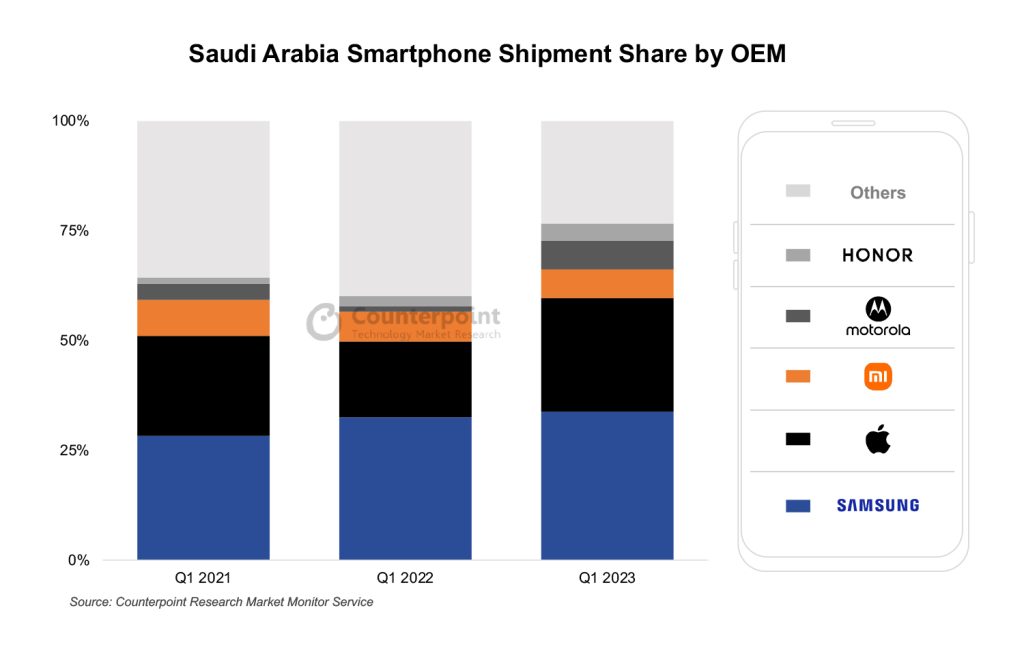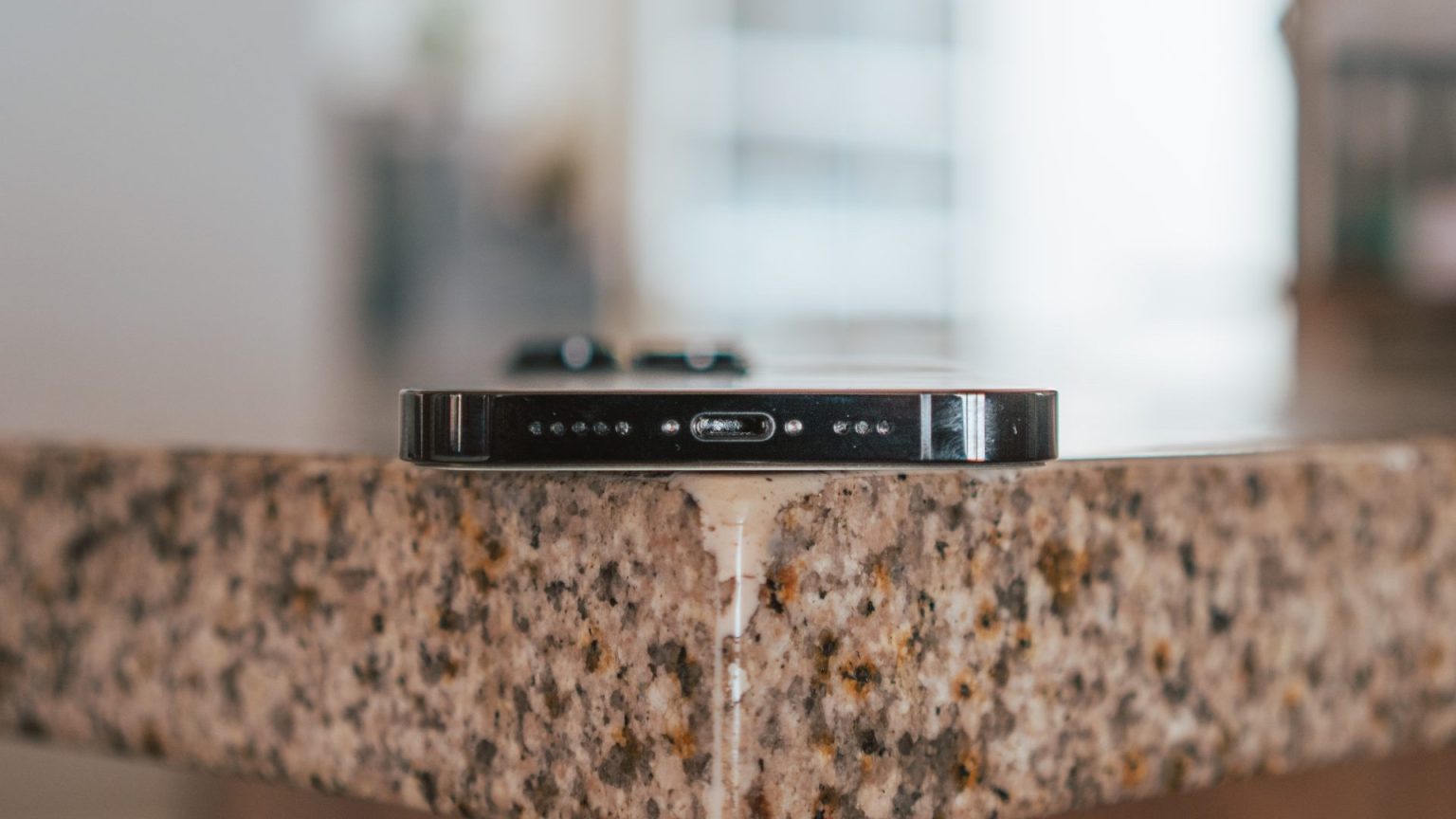The Kingdom of Saudi Arabia has become the latest country to add its name to a growing list of governments now mandating a standard unified charger across all smartphones, tablets, and other consumer electronic devices by early next year.
The Kingdom announced today it will require USB-C on all smartphones, tablets, earphones, keyboards, mice, speakers, and more by January 1, 2025. Laptops sold within the Kingdom will be required to feature USB-C by 2026, according to the new rules announced by the Kingdom’s regulation and standards body.
The Kingdom’s Technology and Communication Commission has been investigating the idea of mandating a standard charger across consumer electronics for the last several months, following in the footsteps of the EU. Last year, the EU passed a similar rule requiring USB-C as a standard charger by December 28, 2024.

Discover new horizons, always connected with eSIM
Travel the world stress and hassle-free with the best eSIM service available. Enjoy unlimited data, 5G speeds, and global coverage for affordable prices with Holafly. And, enjoy an exclusive 5% discount.
The new rules outlined in the EU and Saudi Arabia will most largely impact Apple, which has maintained the Lightning port on the iPhone for over a decade. Apple is widely expected to switch to USB-C with the upcoming launch of the iPhone 15 lineup next month.
Alongside a USB-C port, the new high-end models of the iPhone lineup will feature slightly redesigned bodies with more curved edges, titanium frames, thinner bezels, and improved cameras, including a periscope lens on the iPhone 15 Pro Max. Like the iPhone 13 and iPhone 14 series, the upcoming lineup will consist of four models, with two high-end and two entry-level variants.
Apple maintains a dominant force in the Middle Eastern market, coming in second for the Saudi smartphone market after Samsung, according to Counterpoint research. Apple’s hold in the Saudi market grew in the first quarter of 2023, as did the entire smartphone market in the country.

The Saudi smartphone market was one of the few markets to grow during the first quarter of the year, fueled by strong economic forecasts, all-time-low unemployment rates, increased purchasing power, and investments in 5G infrastructure, according to the research firm.





